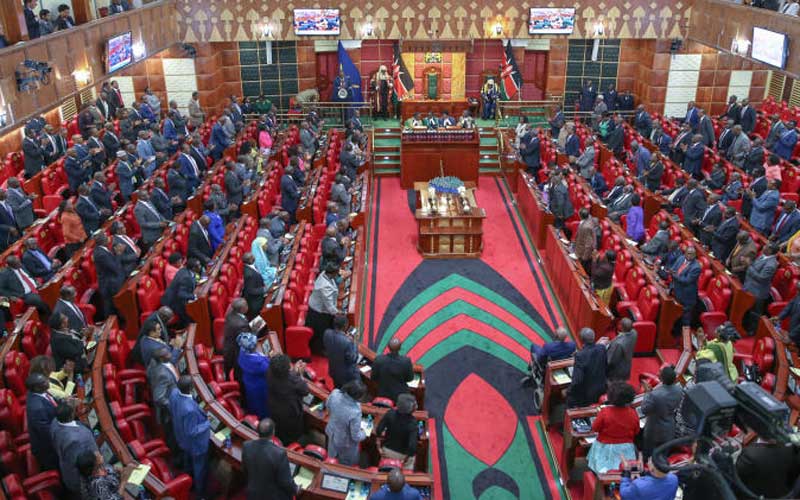×
The Standard e-Paper
Kenya’s Boldest Voice

Members of Parliament could be forced to refund nearly Sh1 billion they awarded themselves as house allowance if a fresh bid to tame their greed succeeds.
The Salaries and Remuneration Commission (SRC) has moved to court to contest the decision by the Parliamentary Service Commission (PSC) to grant each members of the National Assembly and Senate Sh250,000 house allowance despite public outcry.